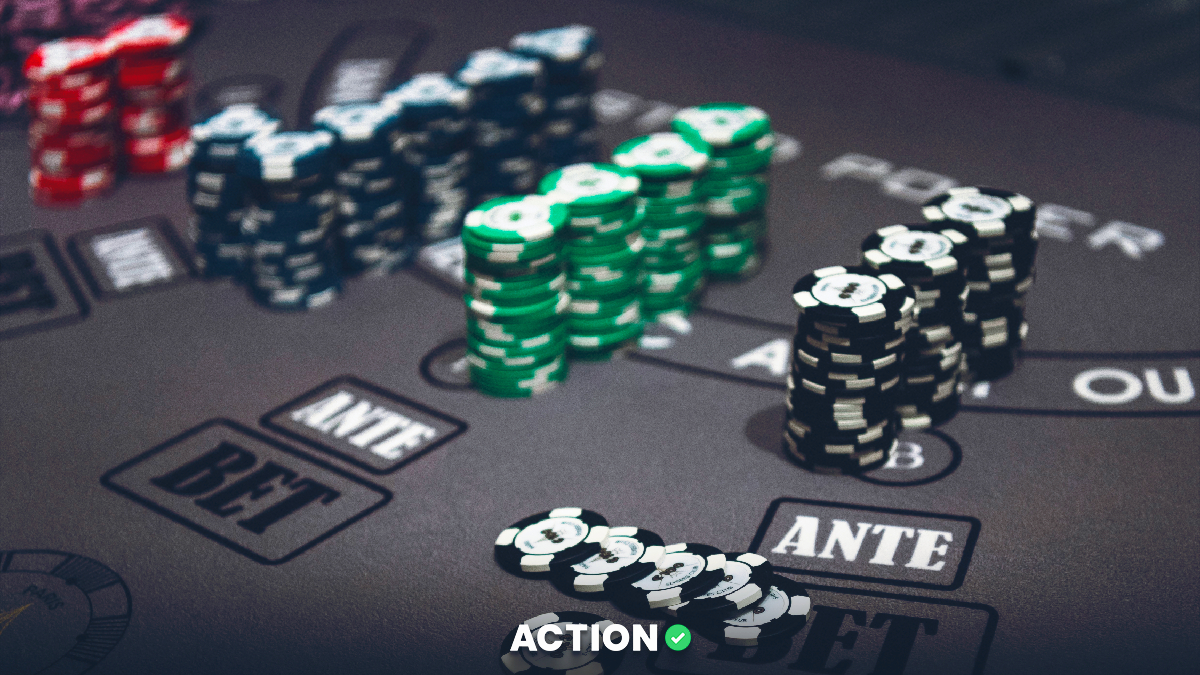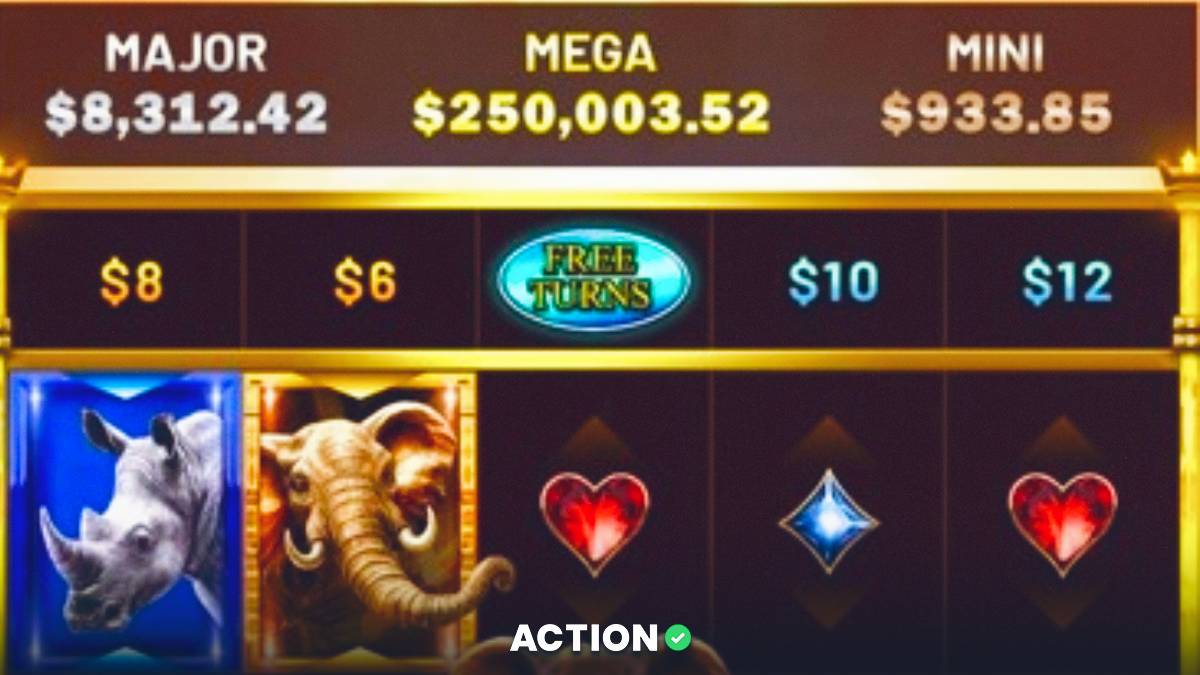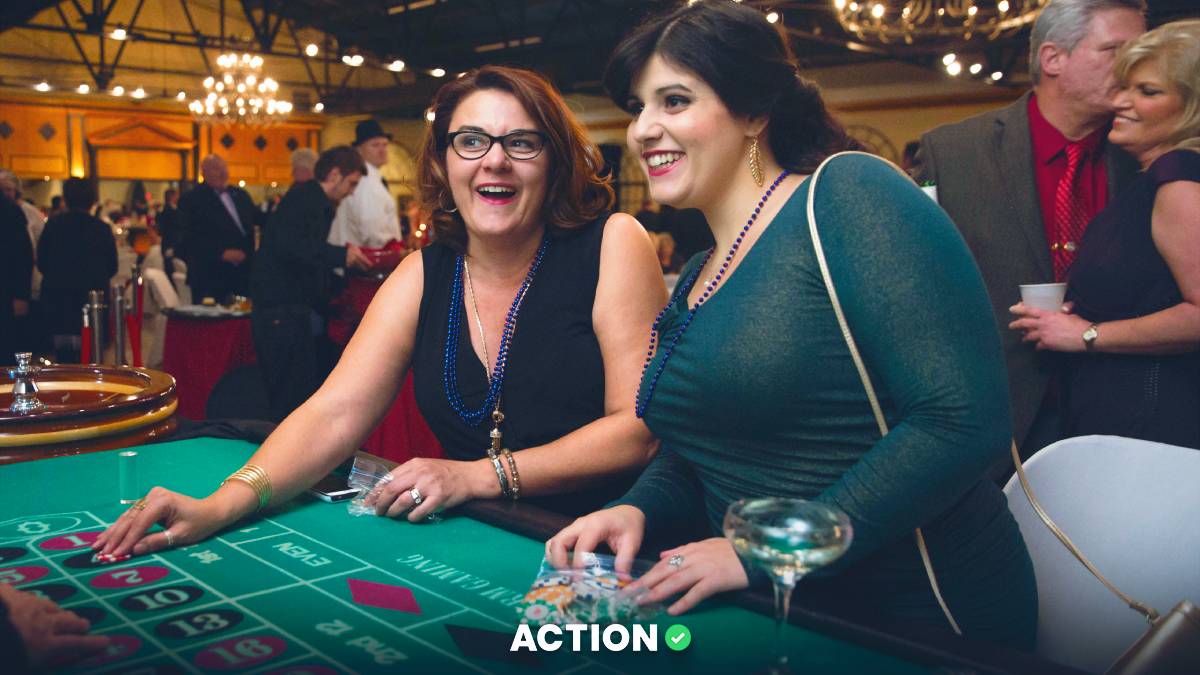A new report analyzes the social casino industry, focusing on its trends, challenges, and future directions.
Social casino games are unlike traditional online casinos, which require payment and regulation. They fall into a new subcategory within the iGaming industry. But as the report points out, although their popularity is growing, there is still some ground to cover to ensure they’re being monitored correctly.
What is a Social Casino?
Social casinos have been around since 2008. They are free games that look like gambling/casino games and you can find them on social media sites. Some popular ones are WOW Vegas, High 5, and Clubs Poker.
These games are different from real online gambling casinos in a few ways, including:
- You don't need to spend real money to play — players use virtual credits instead.
- They're connected to social media sites.
- The results aren't always random like real gambling; they're often set up to keep players interested and entertained.
The most popular form of social casino games are those that simulate video poker, slot machines and casino table games.
Report: Popularity of Social Casinos Growing
According to the report, from the digital entertainment company Clovr, these games attract players with their entertainment value, competitive elements, and opportunities for social interaction — and the demand for them is increasing.
The report finds their popularity increased by eight times over the last 10 years.
The states with the highest interest in social casinos, according to Google Trends, are Alabama, Florida, Maryland, Nevada, and Oklahoma.
How Are Social Casino Games Played?
Social casino games can be played in a variety of ways, but the most popular, according to the report, include:
- App and Browser-Based: 32% of social casinos provide both app and browser options for gaming.
- Browser-Based: 61% of the social casinos examined offer gameplay exclusively through a web browser.
- App Only: 6.6% of social casinos focus solely on app-based gameplay.
The report also explores monetization strategies. In some cases, players can buy virtual coins or credits to enhance their gaming experience.
Clearer Regulatory Requirements Needed for Social Casinos
The report states that one of the biggest challenges that social gaming faces is regulation.
Clovr researchers say social casino games frequently lack clear information about the odds of winning, and unlike traditional online casinos, social casinos, also referred to as sweepstakes casinos, encounter varying regulatory requirements depending on the jurisdiction. Some also allow the use of virtual currency, which further complicates regulatory oversight.
According to the report, sweepstakes casinos are permitted in 43 states, with a few notable exceptions:
- Washington: This state has stringent laws against online gambling, explicitly banning sweepstakes casinos.
- Idaho: Idaho imposes regulations that limit online sweepstakes gambling.
- Nevada: Despite being a gambling hotspot, Nevada’s strict laws define legal gambling, excluding sweepstakes casinos.
- Montana: Regulations in Montana generally prohibit sweepstakes casinos.
- Wyoming: Restrictions on sweepstakes-style gambling in Wyoming complicate legal operations for sweepstakes casinos.
- Hawaii: All forms of gambling, including sweepstakes casinos, are banned in Hawaii.
- Utah: Utah also enforces a complete ban on all gambling activities, including sweepstakes casinos.
You can check out the list of states where online casinos are legal.
The report stresses that social casinos might face more regulatory scrutiny in the future, and makes it a point to mention that although they do not involve real-money gambling, some authorities and consumer groups worry about their similarities to online gambling platforms.
As a result, addiction becomes a real concern.
The Future of Social Casinos
The study’s authors expect to see more regulations and clearer court rulings for social casinos in the future. They say they will be needed to address their potential for addiction and some of their business practices.
Although social and traditional casinos are similar, there are important differences. However, these similarities could lead to social casinos facing the same level of regulation as traditional ones.



















































